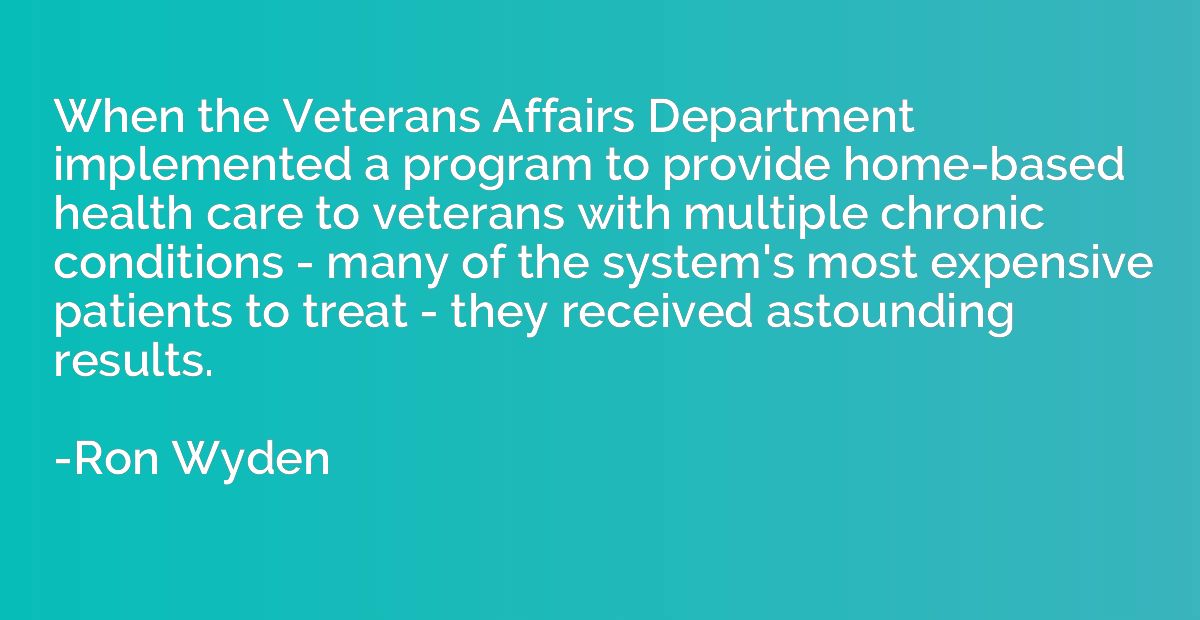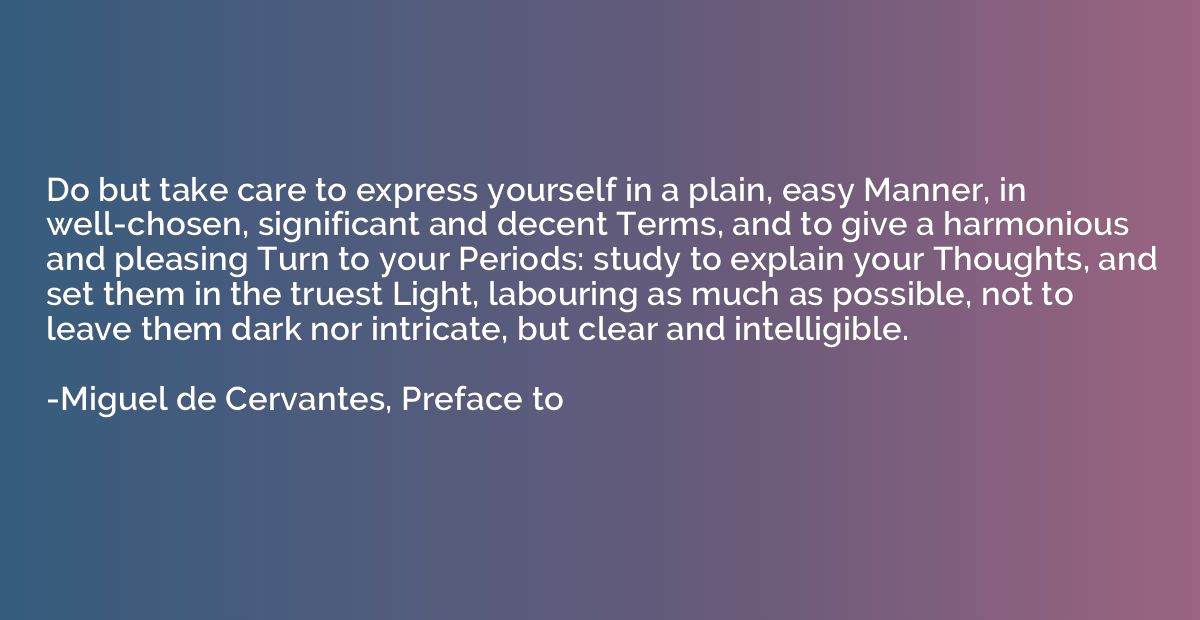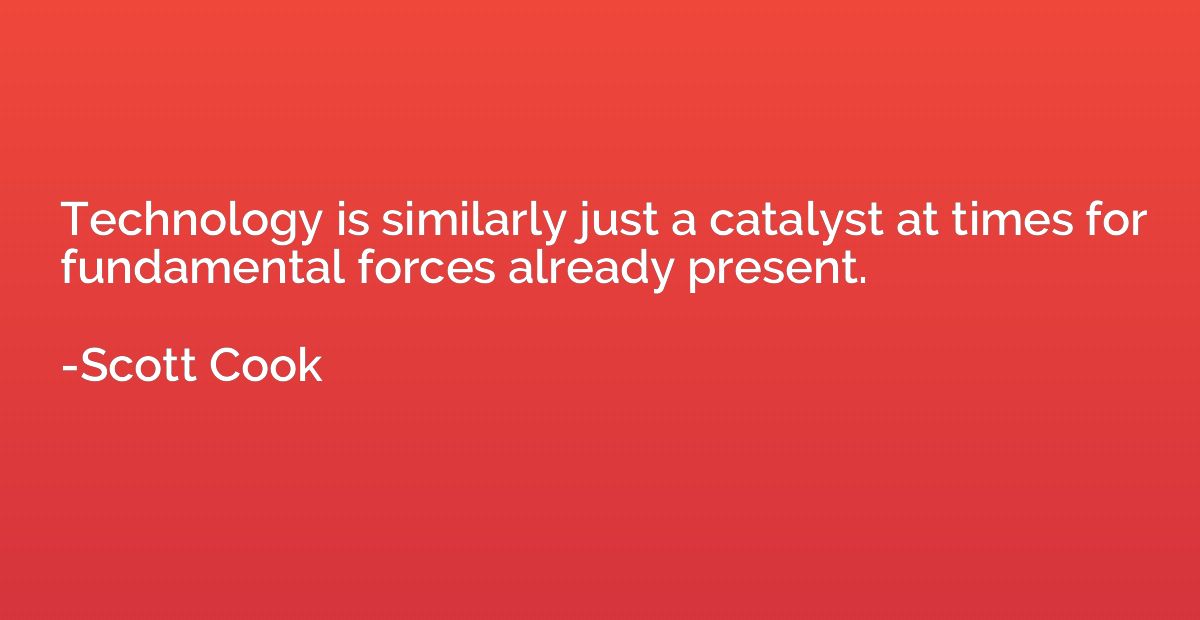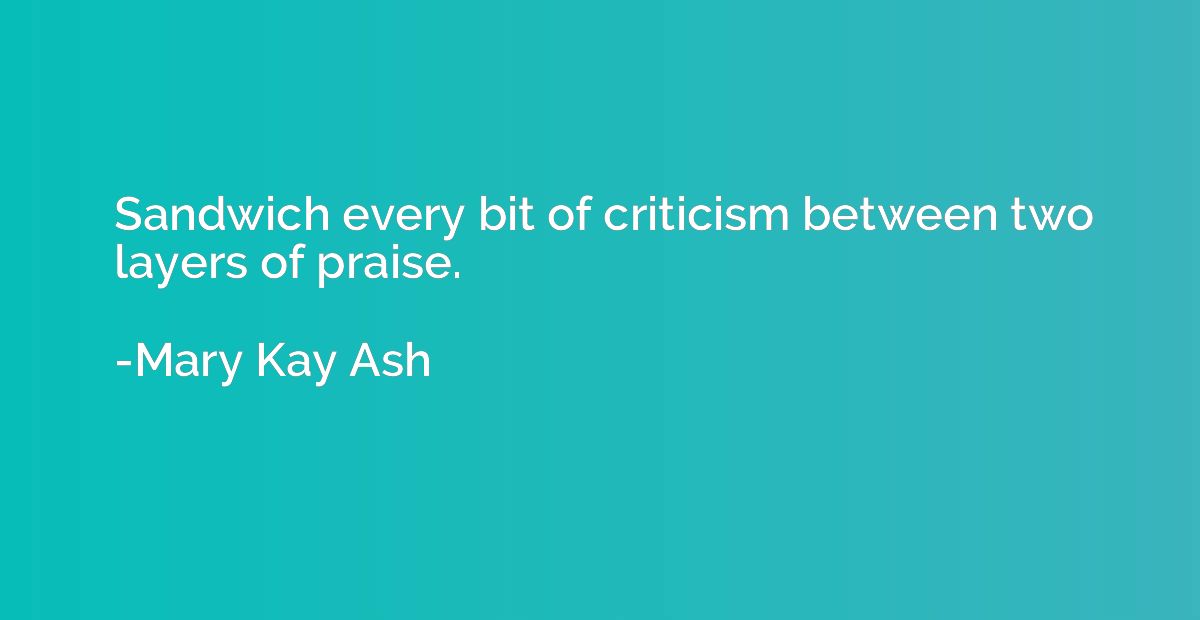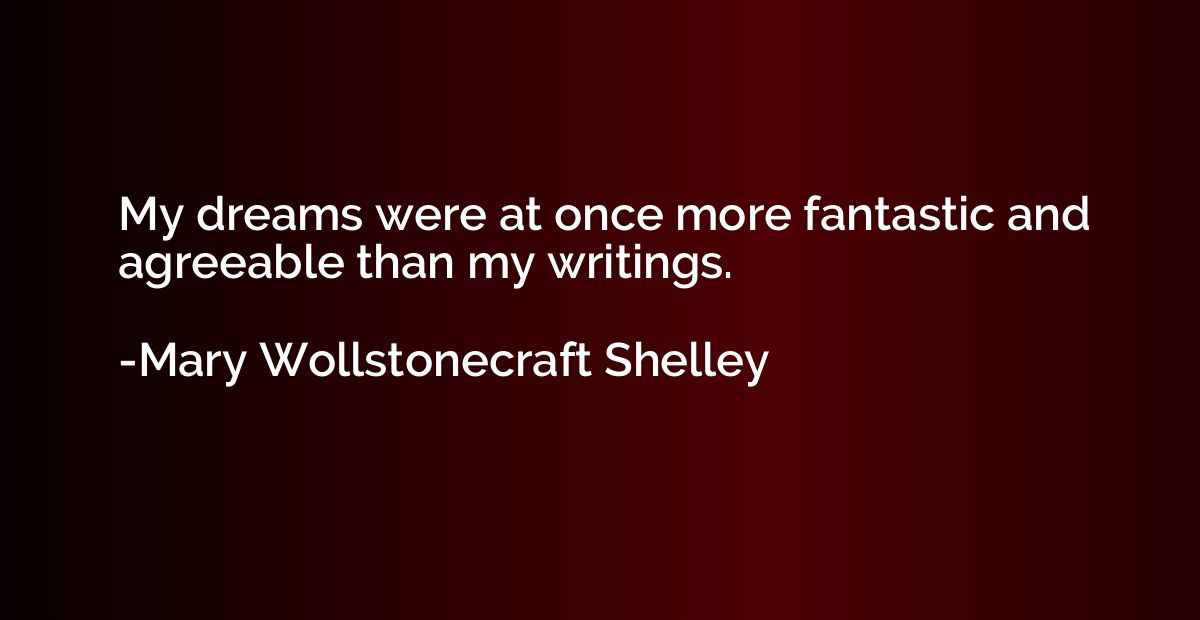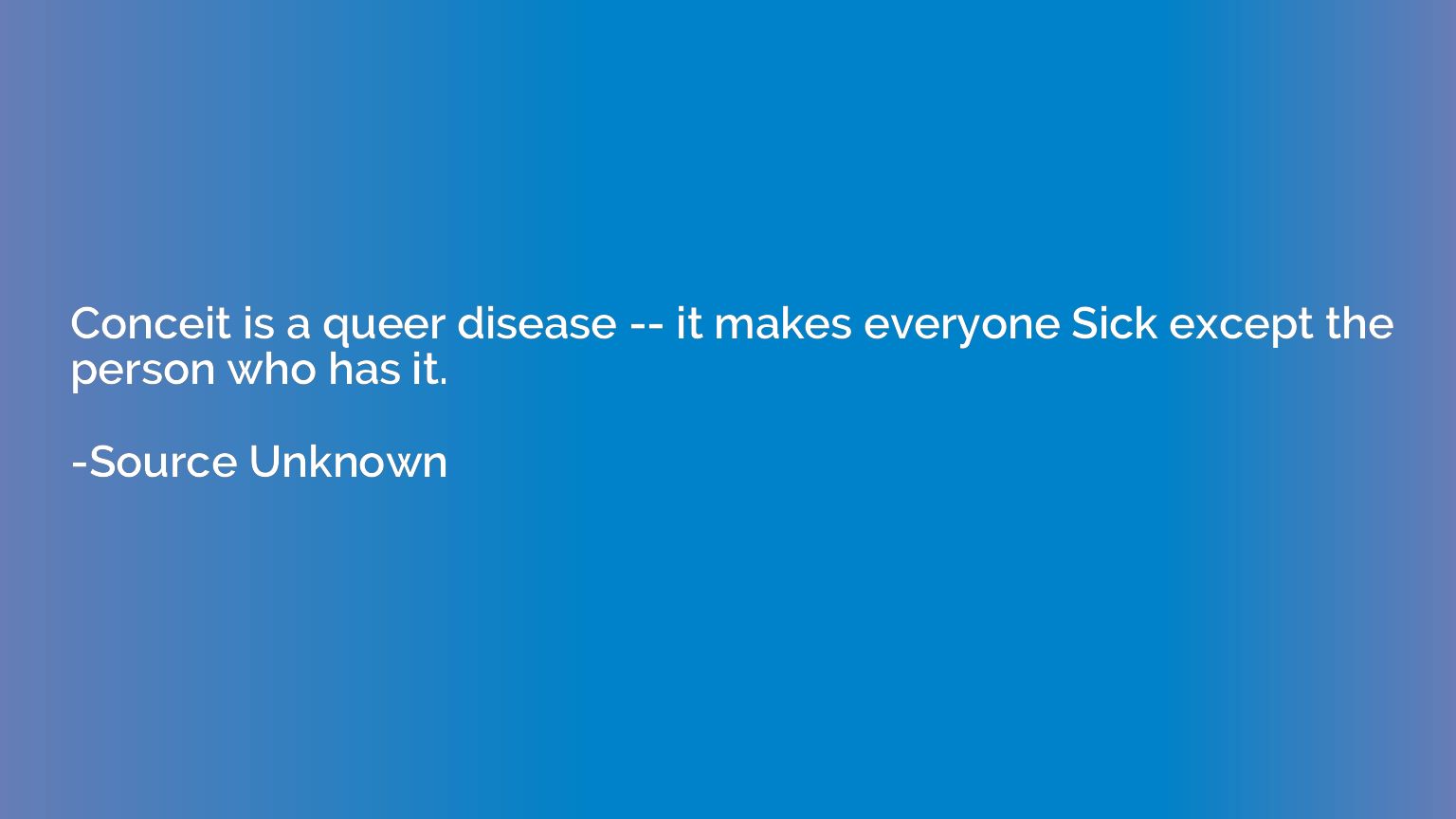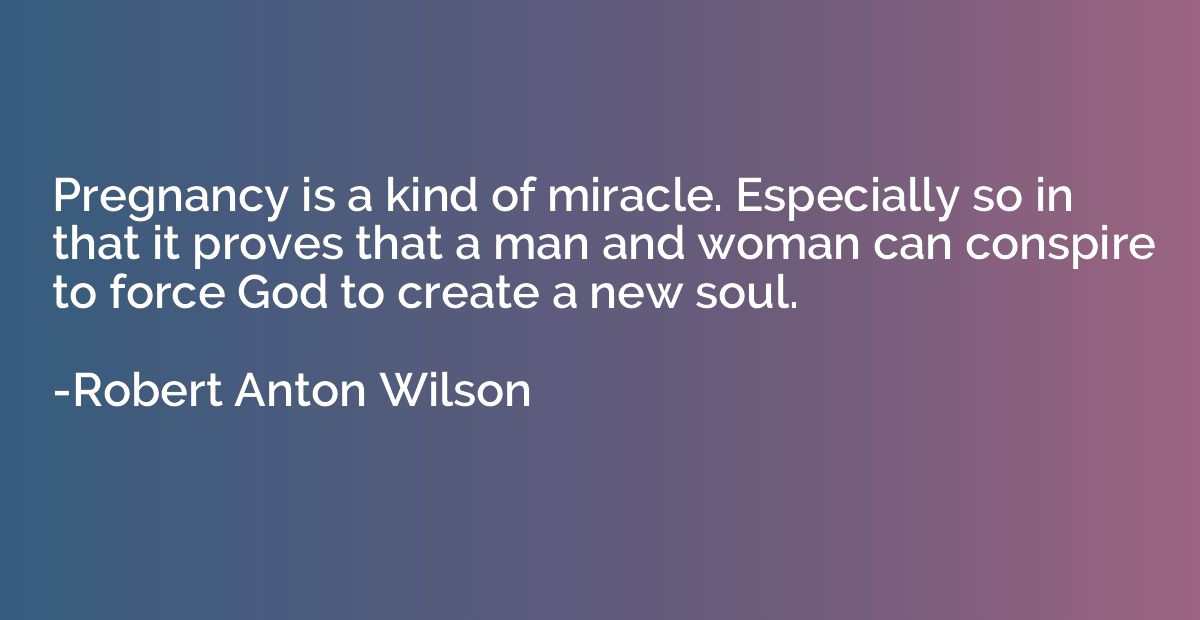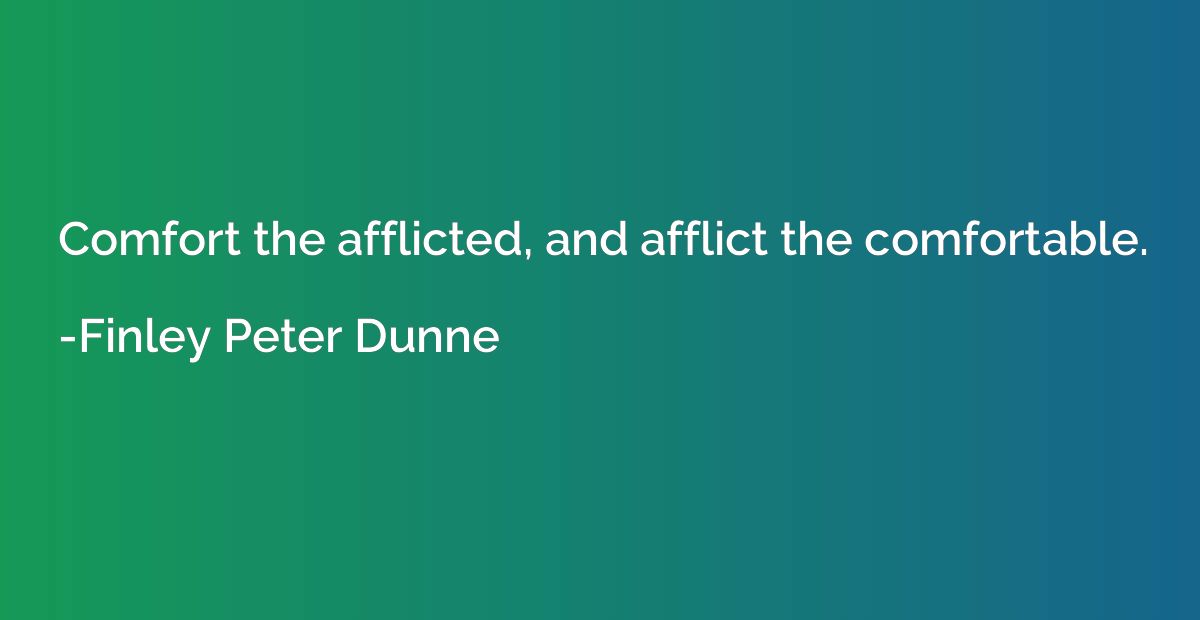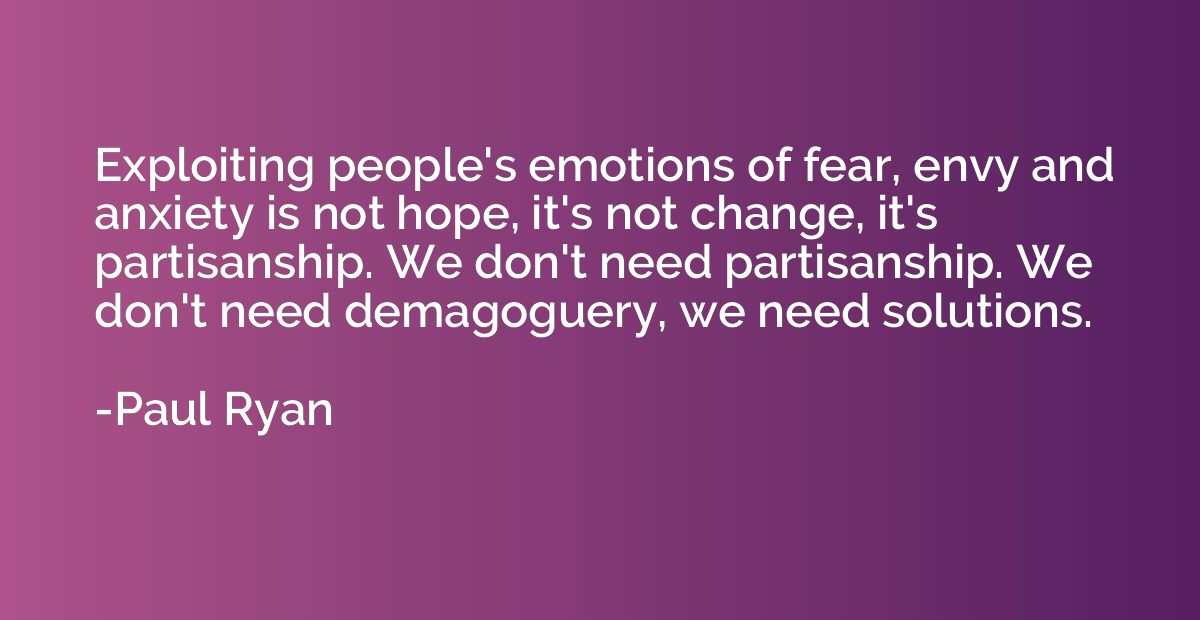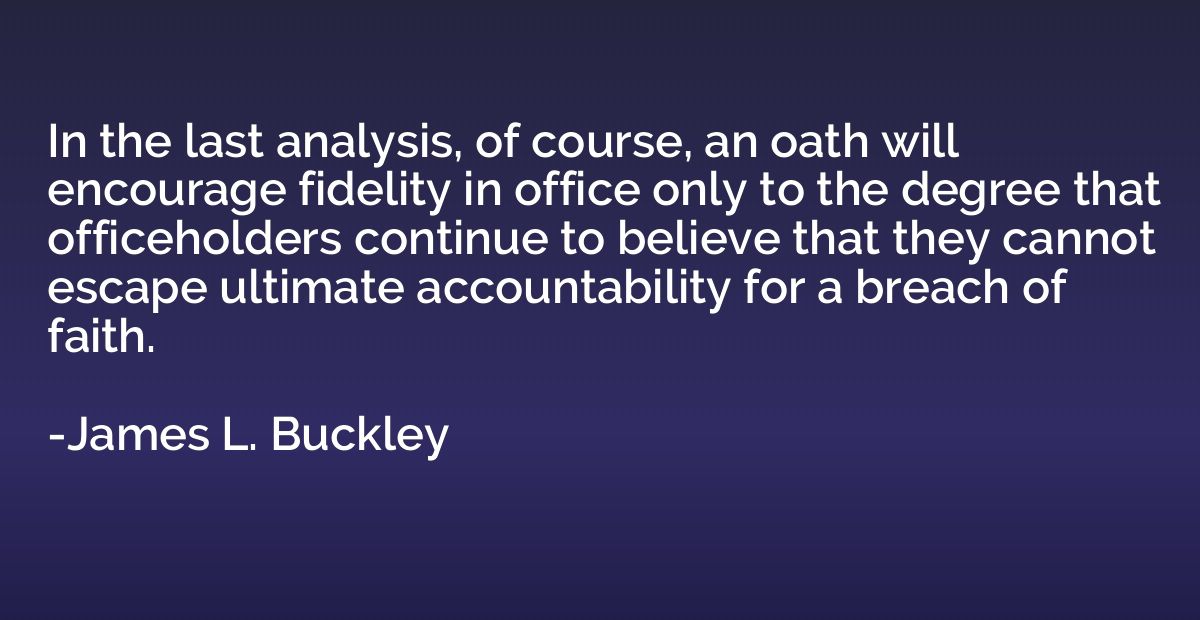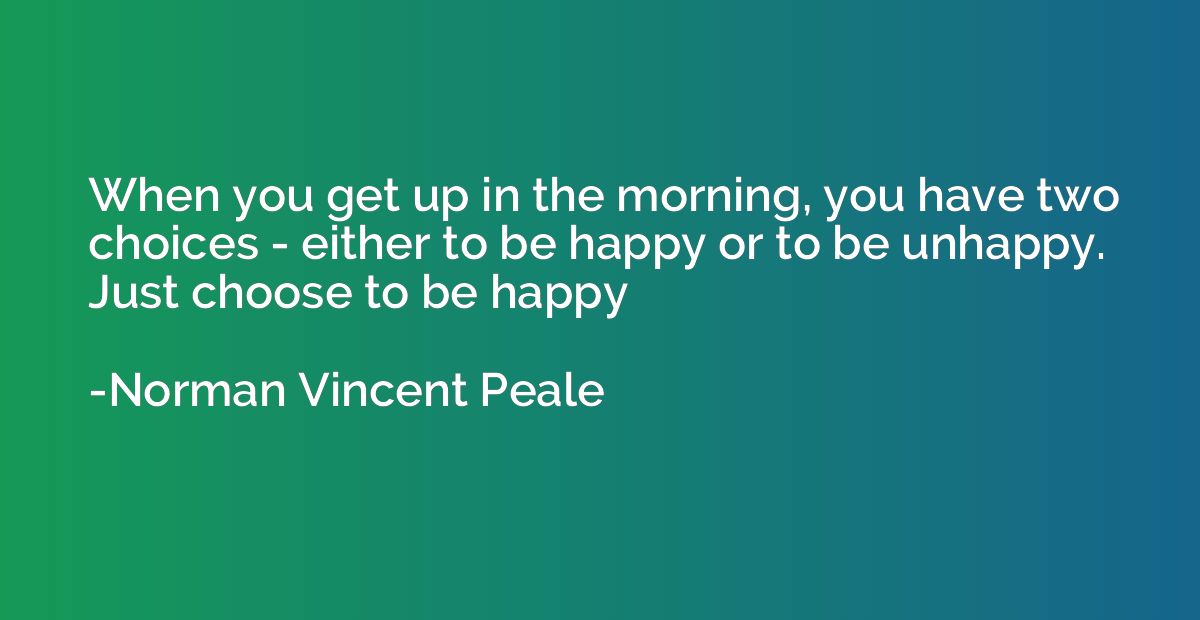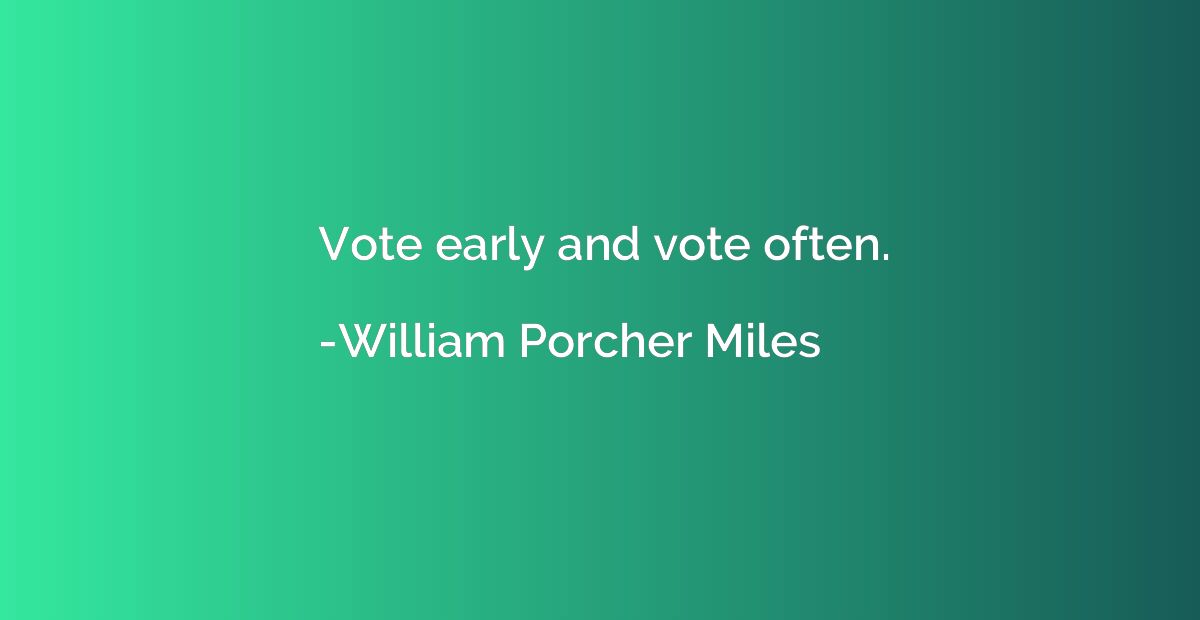Quote by Agatha Christie
One doesn't recognize the really important moments in one's life until it's too late.
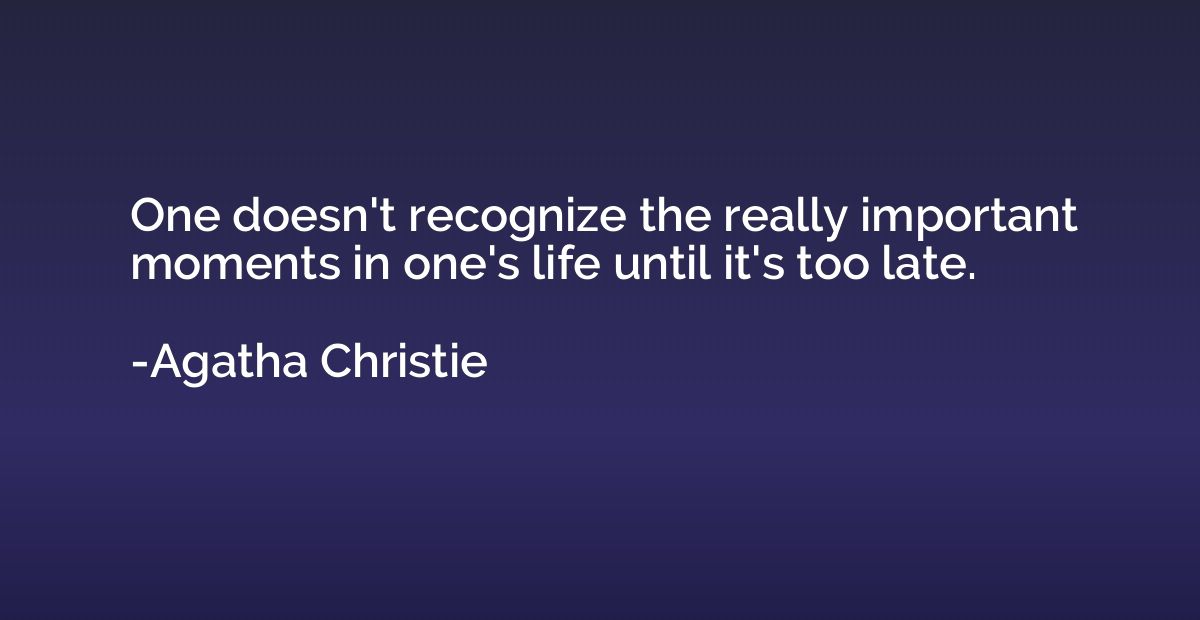
Summary
This quote reflects the notion that individuals often fail to fully comprehend the significance of certain moments or experiences in their lives until they have passed. It suggests that understanding and appreciating the true essence of crucial events might often be hindered by the passage of time. Only when these moments have slipped away and cannot be relived or altered do people realize their true importance and impact. Therefore, it serves as a reminder to value and acknowledge significant moments while they are still occurring, as they may shape one's life in unforeseen ways.



